Cultivation mode: Wild collection/Cultivated
In manufacturing: Pharmaceutical, Perfumery, Cosmetics, Moisturizer, Beverages, Insecticide, Oil, Alcoholic drink, Extract.
In food: Herbal Tea, Spice, Ice Cream, Meat, Salad, Jelly.
🍋 Industries That Use Lemon Verbena (Aloysia citrodora Paláu)
Lemon Verbena is a perennial shrub native to South America, especially Argentina and Chile. It has become a global botanical in the tea, cosmetic, nutraceutical, and aromatherapy industries due to its strong citrus aroma, antioxidant properties, and calming effects.
1. Herbal & Functional Tea Industry
Lemon Verbena leaves are a top choice in premium herbal infusions and digestive/calming blends.
Applications:
-
Digestive herbal teas to ease bloating and indigestion
-
Sleep and relaxation teas (often combined with Lemon Balm, Chamomile, etc.)
-
Mood-enhancing and refreshing cold brews or iced teas
✅ The lemony aroma and low bitterness make it ideal for both loose-leaf and tea bags.
2. Nutraceutical & Wellness Supplements
Used in capsules, tinctures, and herbal formulations for its antioxidant, anti-inflammatory, and calming properties.
Applications:
-
Stress and anxiety support (mild anxiolytic)
-
Anti-obesity and metabolism-boosting supplements
-
Digestive tonics and liver support blends
-
Antioxidant/anti-inflammatory capsules
✅ Active compounds include verbascoside, citrals, and flavonoids.
3. Cosmetic & Personal Care Industry
Lemon Verbena extract and essential oil are added to natural skincare and haircare products.
Applications:
-
Facial toners and mists with clarifying and toning effect
-
Body lotions, shower gels, and soaps for a fresh lemon scent
-
Scalp-refreshing shampoos or anti-dandruff blends
-
Natural deodorants and antiperspirants
✅ Recognized for anti-aging, anti-inflammatory, and antimicrobial benefits.
4. Essential Oil & Aromatherapy Industry
Lemon Verbena essential oil (though expensive) is used in aromatherapy for its uplifting and soothing qualities.
Applications:
-
Diffuser blends for mood enhancement and stress relief
-
Massage oils and bath products for mental clarity and calm
-
Blended with citrus oils, lavender, or geranium
✅ Used with care due to phototoxicity risk (in some oil varieties).
5. Food & Beverage Flavoring Industry
Its leaves and extracts are occasionally used in culinary innovations and natural citrus flavoring.
Applications:
-
Flavoring agent in lemon-based syrups or candies
-
Used in gourmet jams, sorbets, liqueurs, or desserts
-
Botanical ingredient in health tonics and bitters
✅ Offers natural lemon flavor with herbal undertones.
6. Fragrance & Perfume Industry
An elegant note in natural perfumery, especially in citrus or herbal compositions.
Applications:
-
Fresh top note in perfumes and colognes
-
Fragrant sachets and herbal pillows
-
Added to scented candles or air fresheners
✅ Sought for its sparkling, lemony freshness with green floral nuance.
7. Ethnic, Organic & Export Markets
Often found in herbal apothecaries, health food stores, and wellness e-commerce platforms.
Available Forms:
-
Dried loose leaves (bulk or retail)
-
Tea blends (pure or mixed)
-
Essential oil (pure or diluted)
-
Tinctures and extracts
✅ Increasingly exported from organic farms in the Mediterranean, Iran, and South America.
✅ Summary of Key Applications
| Industry | Common Uses |
|---|---|
| Herbal Tea | Sleep tea, digestive infusion, mood-enhancing drinks |
| Nutraceutical | Stress relief, anti-obesity, antioxidant capsules |
| Cosmetic | Toners, soaps, lotions, scalp care, natural deodorants |
| Aromatherapy | Diffuser oil, bath blends, massage oils |
| Food & Beverage | Lemon flavoring in desserts, drinks, confections |
| Perfumery | Fresh top note in perfumes, sachets, candles |
| Organic & Ethnic Trade | Dried leaves, tinctures, teas, and essential oils |
🌿 Key Features of Lemon Verbena
-
🍋 Highly aromatic lemon-scented leaves — rich in citral, limonene, and geraniol
-
✅ Traditionally used for digestive comfort, stress relief, and sleep support
-
🌍 Native to South America but cultivated globally, including in Iran, the Mediterranean, and North Africa
-
💧 Available as dried loose leaves, herbal tea blends, tinctures, and essential oil
-
🧪 Contains verbascoside, luteolin, and flavonoids with antioxidant, anti-inflammatory, and neuroprotective activity
-
🧘♀️ Popular in calming teas, natural perfumes, and mood-balancing aromatherapy
-
🚫 Non-caffeinated and gentle — suitable for daily herbal use
-
📦 Gaining demand in organic wellness markets and ethnic tea exports
HARVEST CALENDAR
Feb
Mar
Apr
May
Jun
Jul
Aug
Sep
Oct
Nov
Dec
To order Lemon Beebrush, please contact us.
About Lippia Citriodora
Lemon verbena is a perennial shrub that reaches one and a half meters in height. The young stems of this shrub are initially thin, red-green, and its cross-section is square. But after a while it becomes wooden. The leaves of the Aloysia citriodora shrub are elongated and pointed, and their side has several very small teeth and they grow reciprocally with very short petioles. These leaves usually grow in fours or threes and have many transverse leaf veins. The young leaves and stems are very fragrant and have a lemon-like aroma and tastes bitter.
The flowers are trumpet-shaped, small and have four almost oval and wrinkled petals that grow in clusters at the end of the stem. The outer part of the flowers is purple and sometimes pink. But the inside is white.
Lemon Verbena Temperament
Hot and dry.
Lemon Verbena Health Benefits
Lemon Beebrush strengths the stomach, is digestive, heart tonic, nerve pain reliever and sedative. Lemon Beebrush helps to treat hysteria, nerve pain, fever, indigestion, flatulence, palpitations, headache, dizziness, and body fatigue. Lippia Citriodora leaves and young stems tea is beneficial for tinnitus. The leaves are used to flavor drinks, fruit salads and jellies.
To order Lemon Vervain, please contact us.

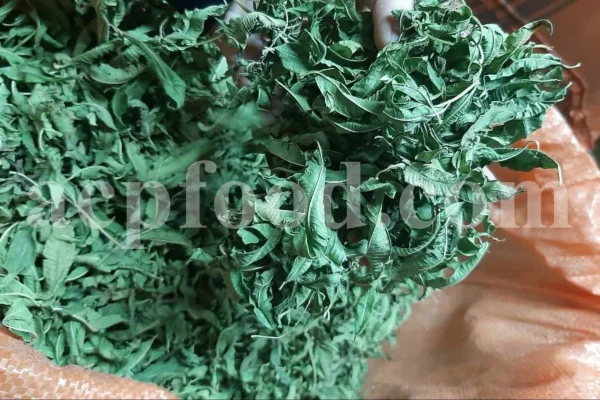
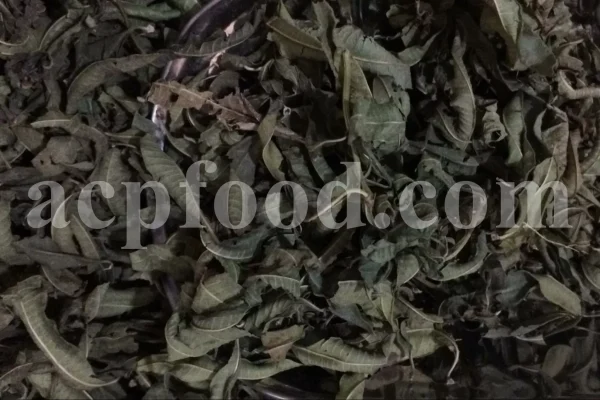
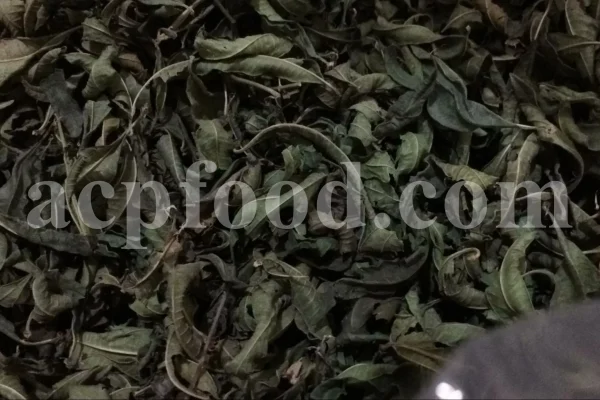
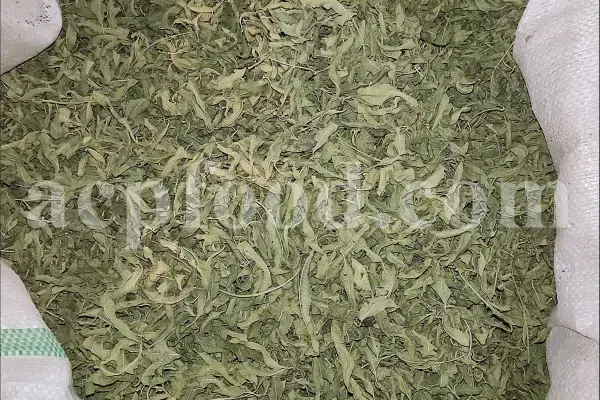
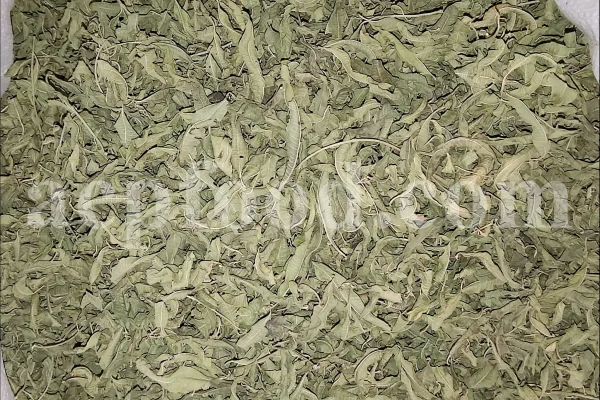
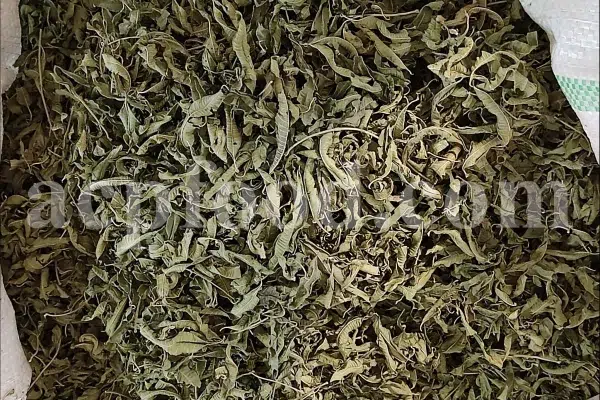
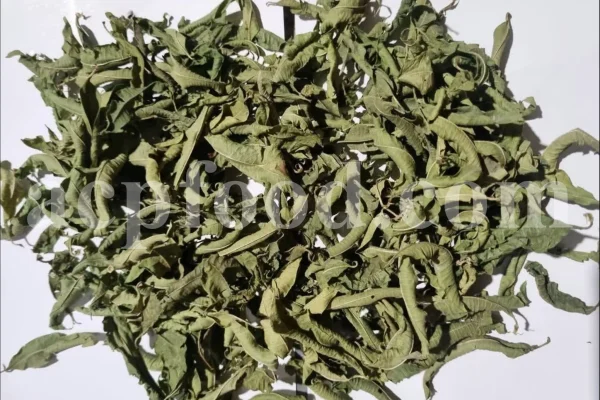


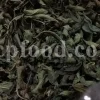


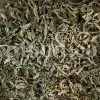
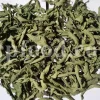
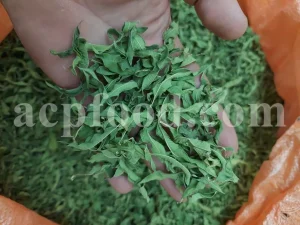
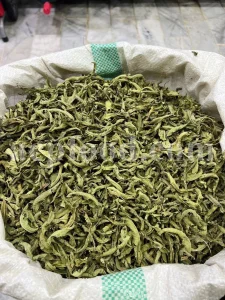
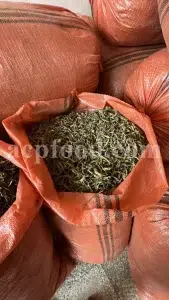
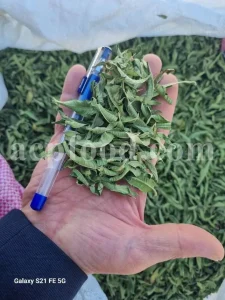

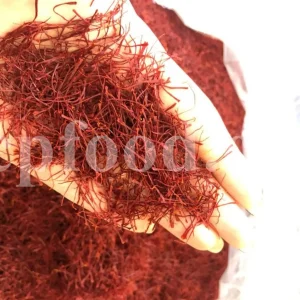
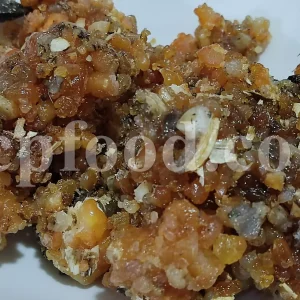
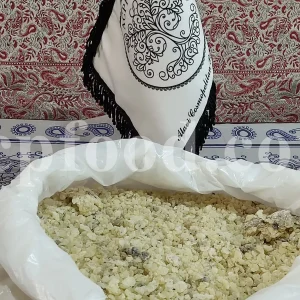
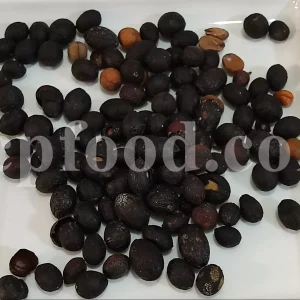
Reviews
There are no reviews yet.